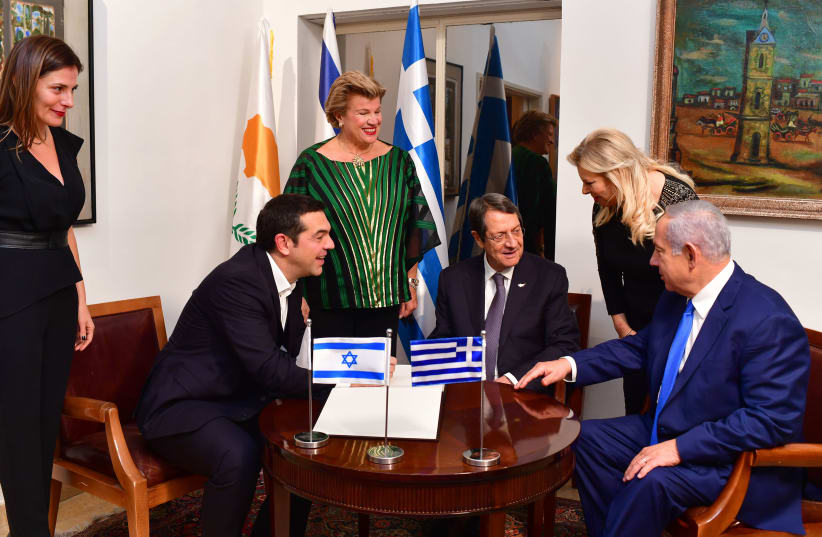Add a democratic layer to the Israeli-Hellenic partnership
The countries also engage in close cooperation in intelligence and security matters. Israeli forces train now regularly in Greece and Cyprus as part of an institutionalized military relationship.
